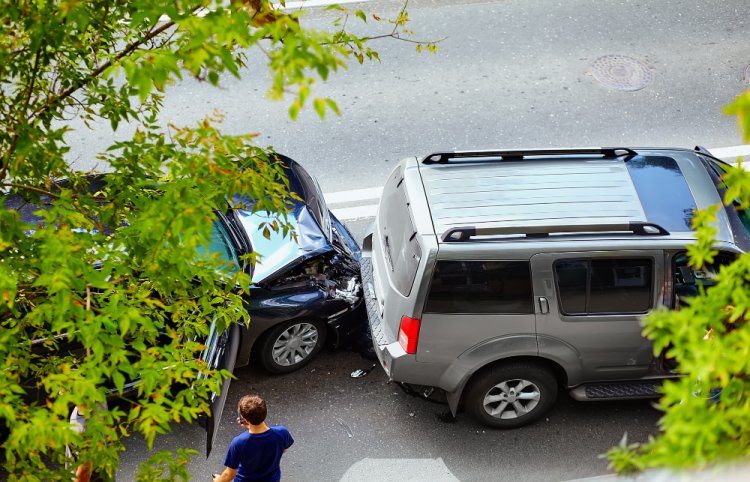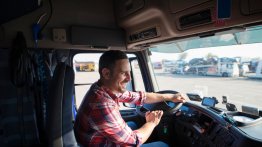The best thing to do in a car accident is to avoid it at all costs. But sometimes, we have the misfortune of being involved in an accident due to several reasons. According to Stein Law, a renowned car accident lawyer in Aventura, distracted driving, drunk driving, and hit & run are some of the common causes of car accidents. No matter the reason, when a car accident occurs, the priority is surviving the impact.
Image source: Image by halayalex on Freepik
This article explores some ways to increase your chances of surviving an accident.
Check yourself, your passengers, and the vehicles around you for injuries
The adrenaline and impact of an accident can often blur your vision or lessen the pain of injuries sustained in the event. So, you must monitor yourself and those in your immediate vicinity for any signs of damage.
First, check for injuries and ask those in the vehicle if they can move, if they are in any pain, and where they may be injured. If there is no response from a passenger, check if he is conscious. DO NOT move an unconscious person, as they may have injuries that are not immediately evident. Also, if a person is conscious but in extreme pain, keep them still until emergency services arrive. Improper movement and first aid can do more harm than good and should be left to professional medical personnel.
Move your vehicles if you can and get to safety
If there are no injuries or your injuries are so minor that medical personnel can treat them later, you should move your cars as soon as possible. Perform this step only if your vehicle can be driven safely and is causing a road hazard. If your car or another vehicle is too damaged to remove from the road, move yourself and all passengers to a safe location and leave the vehicles to be towed. Look for a nearby parking lot, open road shoulder, or other open space where emergency responders are not in traffic or causing road hazards.
Taking your vehicles off the road will not only ensure your safety but also the safety of others. Depending on where an accident occurs, oncoming drivers may not see or be able to react, causing further damage or harm. Moreover, remove yourself and your vehicles from the scene quickly to avoid additional dangerous road conditions.
Call the authorities
Whether there are injuries or not, you should call the police regardless of who is at fault in an accident. Minor, major, or somewhere in between, the severity or lightness of an accident should not deter you from alerting authorities. First responders have additional resources to help move inoperable vehicles and ensure road safety. The different reasons to call immediately are:
- Verification of all parties involved and the legal status of their vehicles
- Provides detailed information for future insurance claims, which can be crucial for aftercare and compensation
- Accurate descriptions of the accident and road conditions
- Photographic or video evidence if either party committed a crime
- Designation of fault as to why the driver caused the accident – Even if you believe he or she is at fault, you will need that designation to report to insurance
- Police can offer protection and safety to injured parties
- Sending firefighters and ambulances can provide life-saving care
- It is often the law for significant accidents and can help you avoid charges, fines, or liability for an accident
The only time you may want to avoid calling the authorities is if the accident is incredibly minor, there are no injuries, all vehicles can operate without loss of function, and all parties are in agreement.
Exchange information with all parties involved
After an accident, you will have something come up in the argumentation of filing for a claim. Whether the other driver is at fault or not, insurance companies will require the names, addresses, insurance information, license number, and license plate numbers, as well as the vehicle make, model, and damage impacts of all involved vehicles. You can write such information on a piece of paper, a notes app, or, at best, take a photo. You don’t want to memorize things such as writing them down or retelling the information later will not be considered solid evidence, and you may be found wanting when reality is different.
Take detailed notes and pictures of any damage
While police may take photos of an accident as evidence, authorities may wait to share them with you or your insurance company. It is then wise to take your own photographs of any damage to your vehicle and, if the other parties allow, their cars as well. The more information you can provide for your insurance claim, in the case of undisputed photographs, the faster it can be processed. Additionally, you can make notes about damage, such as leaks, the vehicle's odometer, and warning lights, which can help mechanics with repairs. If bystanders and witnesses are willing to share their information, try to collect as much as possible.











